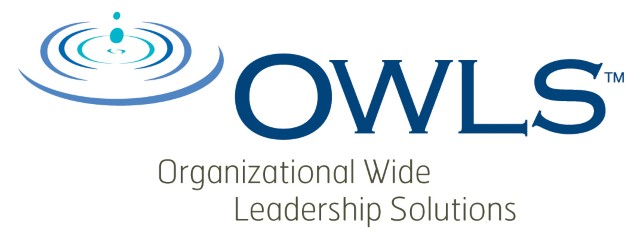If you want to see polarity in action, walk into any business and start talking about Spirit. Half the place will invite you to a lunchtime bible study group. The other half will run screaming for the door, as if you tried to sell them a Watchtower. Or as one advertising executive so eloquently put it when the topic of business and spirit came up, “we’re not into that spirit crap.”
But, there is a spirit to businesses as there is a spirit to people. It can either be lively and flowing into and out of every business activity or it can be plugged, stagnant and even die. You can feel the thickness of stagnant spirit in a business as you walk down halls. You can also feel the spirit in a company that tends its spirit. You can see it in the way the employees go about their business. In the way people interact.
You can see it in the kind of things that are said. And in the things that are left unsaid. In the topics that are taboo, the topics everyone knows about but never mentions.
A company’s spirit is a collective of the spirits of individual’s who work there. When a company hires someone they get the whole person, even if that isn’t what they wanted. It’s easy to forget that in the rush to match a body with the strict parameters of a job description. It’s easy to expect employees to bring only what fits to the office and to check the rest at the coat rack. But that can’t be done. It’s impossible. Bidden or not, the whole person, spirit and all, is always present. A company deals with that whole person either by attention or neglect.
There is usually a freshness that accompanies a new spirit into a workplace. At first, others in the company are attracted by this difference, especially if it’s a little eccentric. But, in a company with untended spirit, that difference soon becomes a burden. Maybe even a threat.
When what is different in an individual clashes with the inertia of the corporate culture, familiarity eventually breeds contempt. It doesn’t take long before once attractive eccentricities become tidal waves in the gentle current of doing business as usual.
If you want to judge the state of a company’s spirit, sit in on some of their meetings. If there’s one thing on which pretty much everyone in business can agree, it is a general dislike, even disdain, for meetings. But meetings can be fascinating. Particularly if you keep an eye for what I have come to call the silent meeting within the meeting.
Let me give you an example. I had a chance to sit in on a number of regular update -type meetings of a company. These meetings weren’t about anything special. They were regular, state of the business type meetings. Everyone sat around the table as each member rambled through what they had been up to the past week and what they were expecting to be up to in the weeks to come. That was the surface agenda, pretty boring in and of itself.
But then, I started paying attention to the silent meeting within the meeting. I started listening to all the things that weren’t said. The obvious topics that were never breached. The words from the boss, or others, that immediately caused silence, restlessness, nervous laughs, straightening of ties and the busy shuffling of papers. There were obvious problems that everyone noted but that no one was willing to risk bringing up. No one was willing to say out loud that the emperor was naked. No one ever talked about the elephants running loose in the hallways.
A company with meetings like this is a company in trouble. Instead of nurturing spirit, the overriding activity is feeding fear. That trouble always manifests in spirit before it shows up on the bottom line. In these companies, the focus is on the form instead of the spirit. Everyone keeps their noses clean and no one speaks the words that need to be said. Dilbert may be funny in the comic pages, but the humor evaporates when you discover that you’re looking at yourself in the strips.
Companies that tend the spirit are different. Their people learn faster, react quicker¸— and more creatively— to changes facing the business. The management understands that, more and more, their challenge is to listen to the spirit of their organization. That the flowing river of a company’s spirit can be no stronger than its weakest contributing stream.
Leaders in spirit-based companies have learned to hear what their organizations are trying to become. To sense the places where the flow of spirit is blocked and to throw open the windows of the organization, creating open and safe spaces where transformation and growth can flourish. In these businesses, the collective and individual spirits of the organization flow into the world, and everyone involved, regardless of job title, finally has a real opportunity to find meaning as well as a paycheck.
by James M. Grossman






Leave a Reply